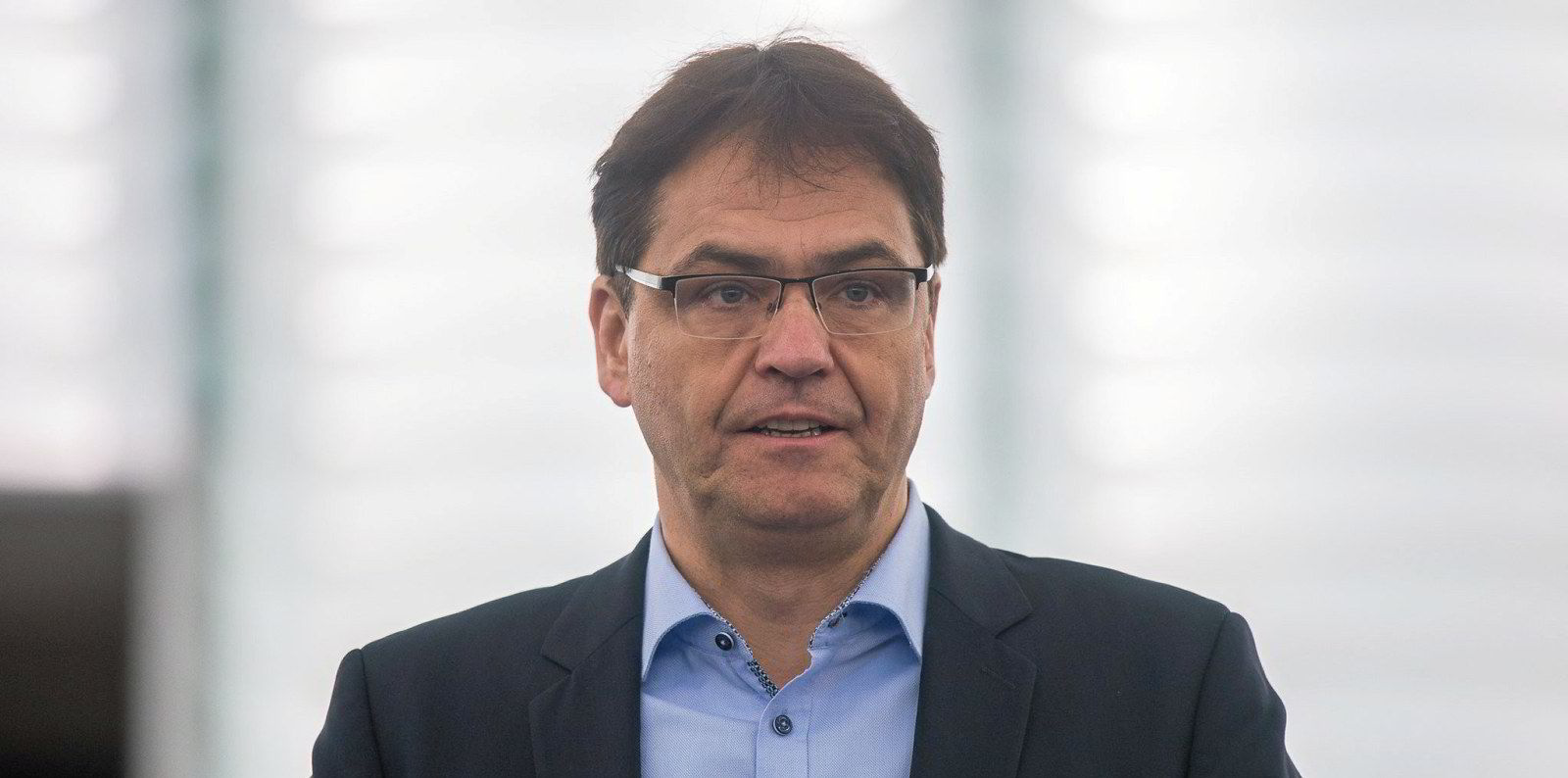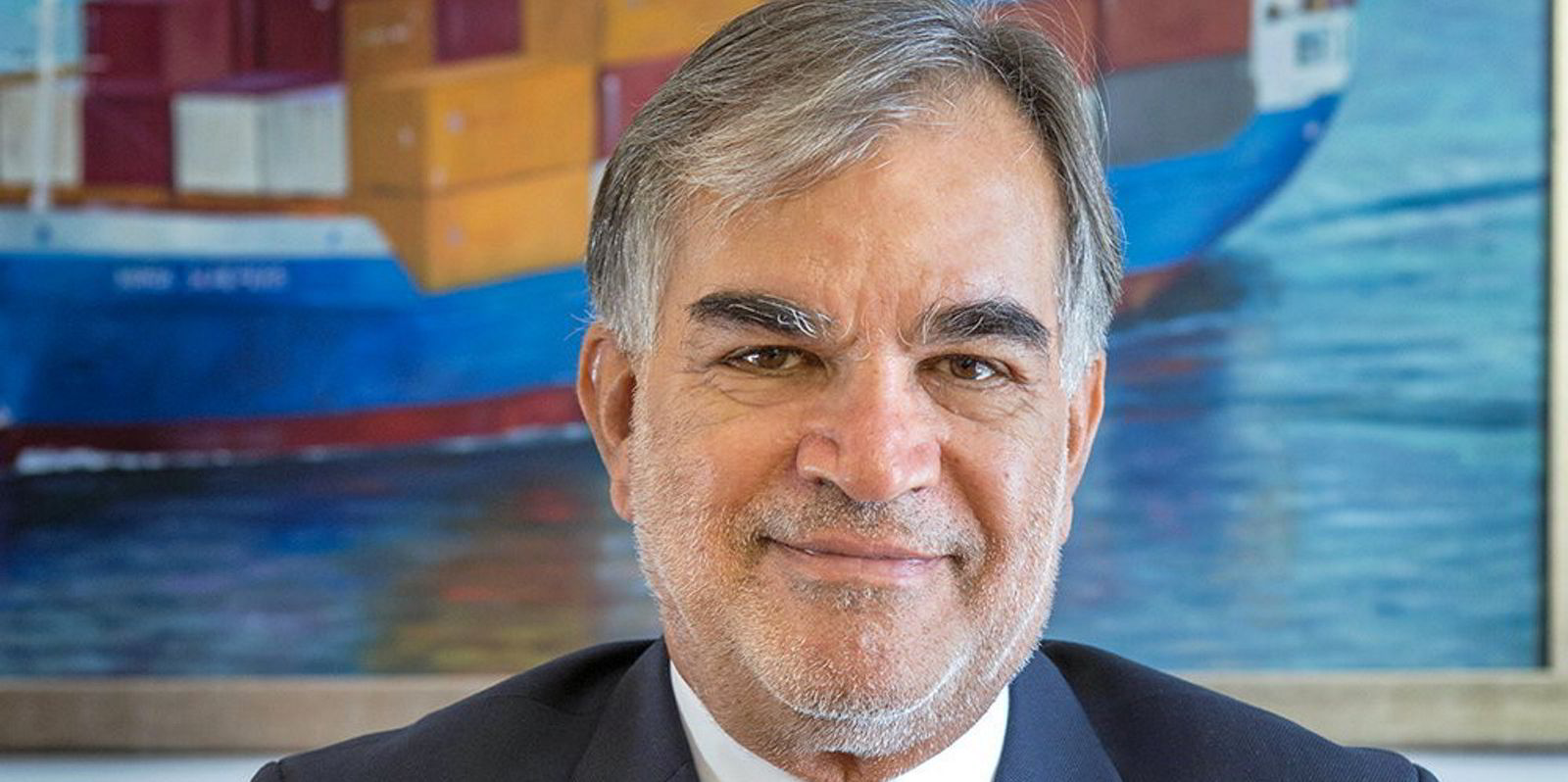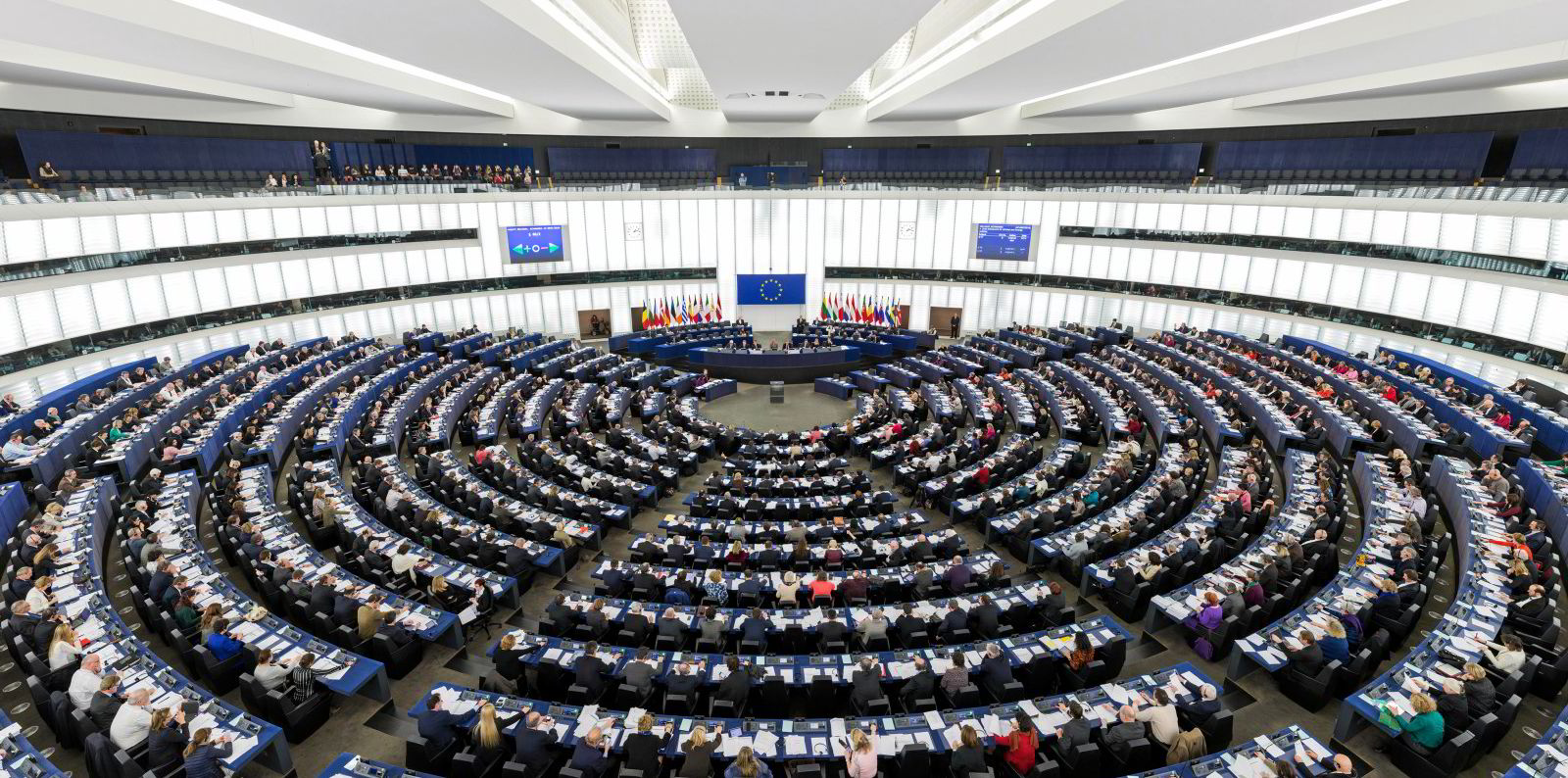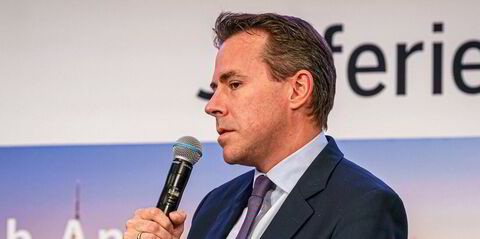Decisions taken at the European Union level over the next months will deeply affect shipping and the industry should engage with policymakers to influence legislation in its favour, the new head of the bloc’s shipping lobby said.
“The challenge of the EU environmental regulations marks a make-or-break moment for the shipping sector, said Philippos Philis, who on 1 January became the new president of the European Community Shipowners’ Association (ECSA).
In the owners’ view, the International Maritime Organization remains the best place to deal with global challenges that affect shipping, Philis said in statements to TradeWinds.
Implicitly rejecting criticism that the IMO is too slow to move on climate change, Philis said that the United Nations outfit has made “great progress” over the past five years, adopting an “ambitious strategy to reduce greenhouse gas emissions” that will lead shipping to make “quick adjustments”.
However, as the EU pushes ahead with its own environmental initiatives that affect shipping in several ways, “continuous contact with EU policymakers” will be a key priority of the ECSA under his leadership over the next six months, Philis said.
Busy to cut its carbon footprint under its “Fit for 55” strategy, the EU has several strings to its bow that are of direct concern to shipping: maritime carbon emissions included in the bloc’s emissions trading scheme (EU ETS) from next year; new “FuelEU Maritime” rules to encourage the uptake of low-carbon fuel; and “taxonomy” criteria to tell banks which propulsion technologies to finance and which not.
“If we don’t engage with the EU policymakers, the EU regulation may seriously undermine the competitiveness of the sector,” Philis said in connection to the EU ETS.
‘Right direction’
The engagement may be already yielding fruit.
Earlier this month, a key European lawmaker proposed amendments to draft EU ETS legislation that would shift liability for carbon allowances away from owners towards charterers and commercial operators.
Greek shipping organisations already welcomed the proposals last week and Philis joined the chorus.

“We welcome the proposal of the European Parliament’s Rapporteur on the EU ETS, MEP Peter Liese, to introduce a requirement for a binding clause in contractual agreements between shipowners and commercial operators,” Philis said.
“Our position is clear. The commercial operators should pay for the ETS costs, and we believe that the parliament’s draft is an essential step towards the right direction.”
Liese’s move has reopened a rift between opposing maritime interests.
On 24 January, the World Shipping Council (WSC), an organisation representing big liner operators such as AP Moller-Maersk and Cosco, opposed the proposals.
Widening the definition of what constitutes a liable shipping company would just “shield shipowners” from EU ETS costs, the WSC said — as TradeWinds reported.
However, according to Philis, “shipping has to contribute its fair share to address the climate crisis and whoever takes operational decisions affecting CO2 emissions should be responsible as well”.
In a direct comment on the WSC position, Philis said the ECSA’s proposals have been carefully worked out to be “legally sound”, “balanced” and consider “the business model and special characteristics of different segments” in the industry.
In his statements to TradeWinds, Philis also expressed support for another Liese proposal to earmark the bulk of EU ETS receipts for a fund dedicated to zero-carbon shipping fuel research.
The ECSA and other national shipowning organisations have long argued against such revenue disappearing into the EU budget without being recycled back into the industry.
Owners may not like all of Liese’s ideas.
Their representatives have been silent so far on another proposal to widen the EU ETS scope to cover all shipping emissions — up from currently half — if the IMO fails to act on worldwide carbon pricing measures.
Separately, the ECSA advocates setting up another fund dedicated to stabilising carbon costs under the scheme.
Shipping should in any case brace for a long battle, as debate to finalise and then implement the EU ETS will take time.
“We are now just at the beginning of a process that might take up to two years to conclude and we’ve got a lot of work to do,” Philis said.
“We are hopeful that we will be impactful, and we will do our best to ensure that both the competitiveness of our sector and its energy transition ... are safeguarded.”




